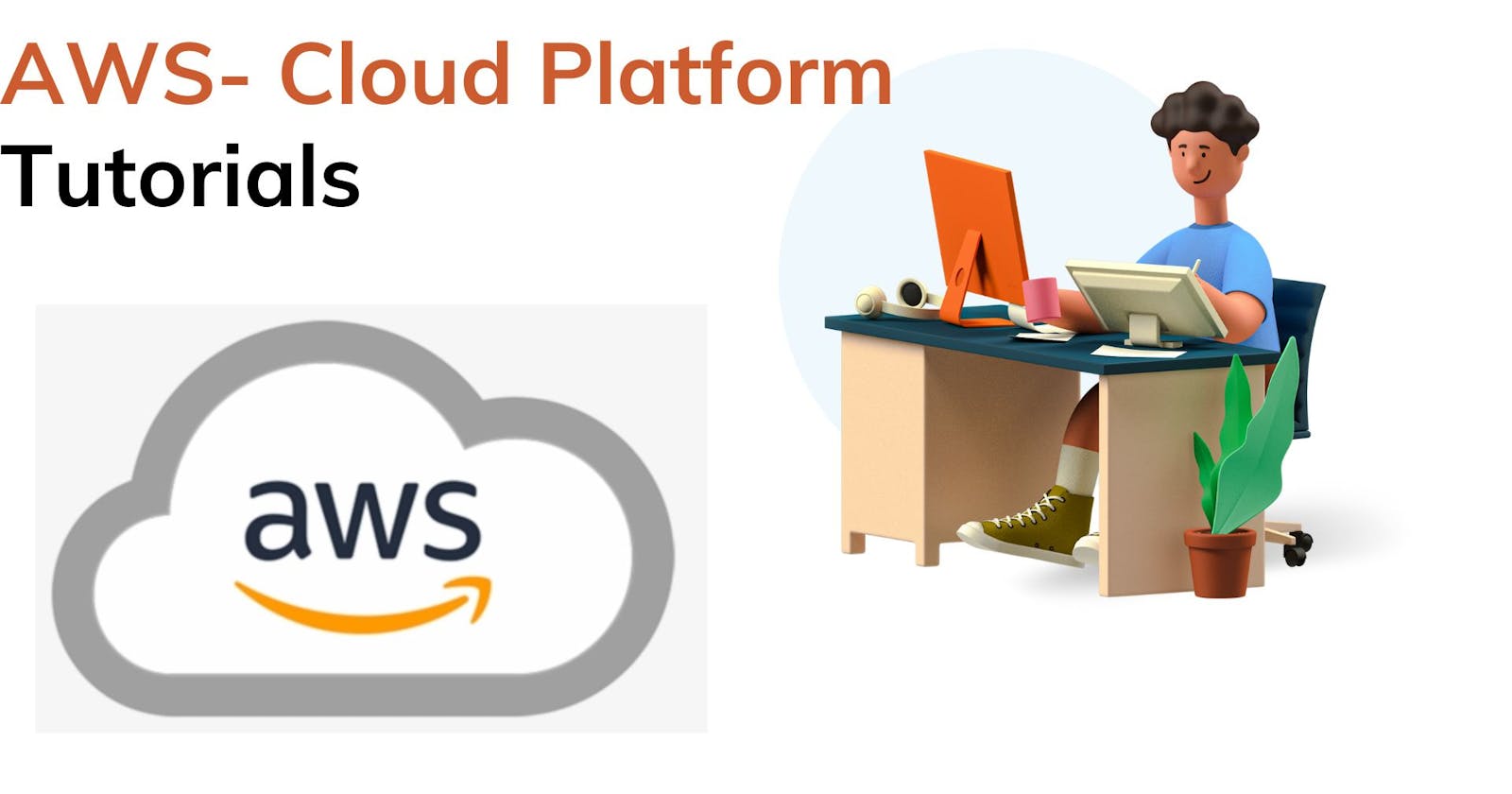Introduction:
Amazon Web Services (AWS) offers two powerful container orchestration services—Elastic Kubernetes Service (EKS) and Elastic Container Service (ECS). Understanding the differences, features, and suitable scenarios for each service is essential for optimal container management within AWS environments.
AWS EKS vs ECS: Detailed Comparison
| Criteria | Elastic Kubernetes Service (EKS) | Elastic Container Service (ECS) |
| Orchestration System | Kubernetes | Proprietary |
| Open Source Compatibility | Fully compliant with Kubernetes APIs, supports open-source tools and plugins | AWS proprietary service |
| Flexibility and Customization | Highly customizable, supports diverse deployment strategies, extensive configuration options | Simplified, streamlined workflows, limited configuration options |
| Container Compatibility | Ideal for diverse containerized applications, microservices, complex architectures | Well-suited for straightforward containerized applications, web services |
| Management Complexity | Higher complexity due to Kubernetes' inherent intricacies and flexibility | Lower complexity, managed service with simplified workflows |
| Use Cases | Best for complex, multi-container, multi-service applications requiring fine-grained control and scalability | Suitable for simpler applications, web services, and scenarios where ease of use is a priority |
| Scalability | Offers robust scaling capabilities, efficient scaling of clusters and applications | Efficient scaling, but limited control over underlying infrastructure |
| Community Support | Benefits from a large, active Kubernetes community, extensive documentation, and resources | Relies on AWS-specific documentation and support resources |
| Cost Considerations | May incur higher costs due to infrastructure complexity and resource utilization | Cost-effective for simpler applications, potentially lower overheads |
| Integration with AWS Services | Seamless integration with AWS services, but may require additional configuration for some services | Native integration with various AWS services, simple setup and integration |
| Networking and Load Balancing | Allows flexibility in network configurations, integration with Kubernetes-native load balancing | Simplified networking and load balancing, controlled through AWS interfaces |
| Control and Customization | Offers fine-grained control over container environments, more intricate customization | Limited control, managed service approach may restrict deep customization |
AWS EKS (Elastic Kubernetes Service):
Overview: AWS EKS provides managed Kubernetes clusters, offering extensive customization, flexibility, and compatibility with open-source tools. It's ideal for complex, multi-container applications and scenarios that demand fine-grained control.
Use Cases: Well-suited for microservices architectures, multi-container applications, and scenarios requiring deep customization, scalability, and integration with open-source Kubernetes tools.
AWS ECS (Elastic Container Service):
Overview: AWS ECS is a managed container orchestration service designed for simplicity, ease of use, and streamlined workflows. It's suitable for straightforward containerized applications, web services, and scenarios prioritizing simplicity over intricate configurations.
Use Cases: Ideal for simpler applications, web services, and scenarios where the managed service approach and ease of use are crucial factors.
Conclusion:
Choosing between AWS EKS and ECS depends on the specific needs of your containerized applications. EKS offers flexibility, extensive customization, and compatibility with Kubernetes ecosystems, while ECS provides simplicity, managed workflows, and ease of use.
Consider factors like application complexity, customization requirements, scalability needs, and the trade-off between managing intricacies versus simplicity when selecting between AWS EKS and ECS for efficient container orchestration within AWS.
I hope this helps, you!!
More such articles:
https://www.youtube.com/@maheshwarligade

